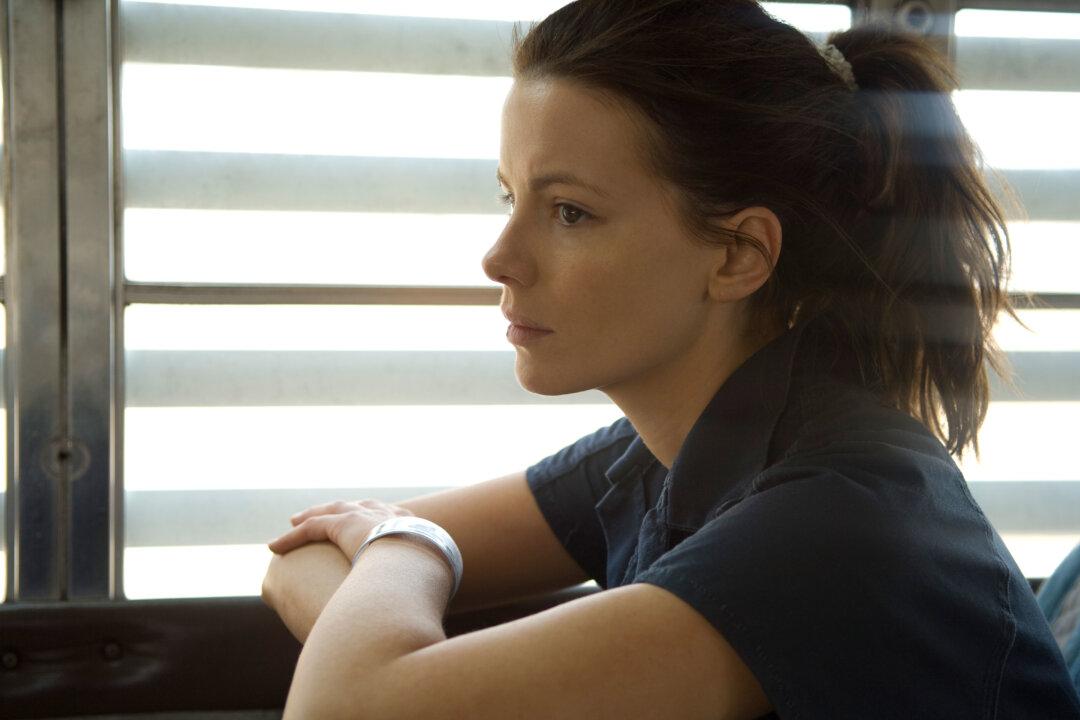R | 1 h 48 min | Drama | 2008
There are times when doing the right thing brings pain, suffering, and possibly regret. One reporter discovers this in “Nothing but the Truth.”

R | 1 h 48 min | Drama | 2008
There are times when doing the right thing brings pain, suffering, and possibly regret. One reporter discovers this in “Nothing but the Truth.”